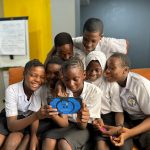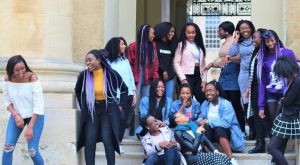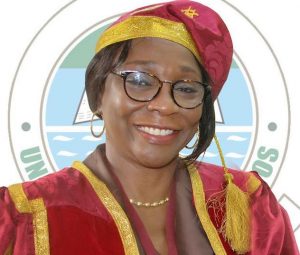
Credit: University of Cape Town
A groundbreaking study at the University of Cape Town (UCT) South Africa has highlighted an innovative approach in medical education, utilizing artificial intelligence (AI) to empower students in creating open educational resources (OER).
Led by the Digital Open Textbooks for Development (DOT4D) team at the Centre for Innovation in Learning and Teaching (CILT), the research showcases how AI, specifically ChatGPT, is used as a writing tool by undergraduate medical students collaborating with medical professionals to co-create chapters for an orthopaedics textbook.
Associate Professor Glenda Cox, Michelle Willmers, Robyn Brown, and Professor Michael Held’s study emphasizes the significant impact of this approach, not only enhancing students’ AI digital literacy skills but also fostering a sense of ownership and contribution to their educational journey.
The pedagogical philosophy behind the study promotes student autonomy and collaboration, creating a space for students to innovate and contribute creatively to their learning experience.
Key to the study is the lecturer’s approach, which encourages students to engage as partners in the creation of educational content. This methodology not only enriches the learning experience but also motivates students to produce high-quality work.
Professor Cox highlights the importance of acknowledging students as authors and co-authors of knowledge, as it instills a deeper connection with the material and a sense of contribution to future learning.
While the study acknowledges its limitations, including a small sample size, Cox advocates for broader institutional support for AI technologies in education. She emphasizes the need for critical AI digital literacy programs for students and faculty to fully harness AI’s potential.
The study also calls for global efforts to ensure AI-generated content is inclusive and represents diverse perspectives, particularly from the Global South.
This research marks just the beginning of innovative AI applications in education, showcasing technology’s potential to enhance accessibility and learning outcomes.
As UCT leads the way in educational innovation, this study contributes to the global conversation on the responsible use of AI in higher education, paving the way for a future where technology and collaboration enrich teaching and learning practices.
What’s your thought about this story?




















